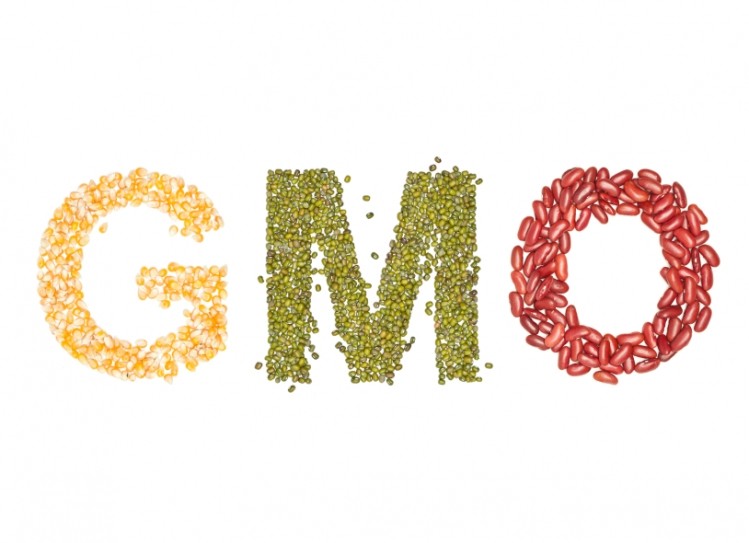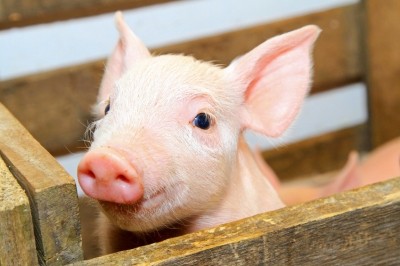Commission weighing up its options after EU court goes against it in GMO case

The Commission would have two months from notification of the ruling to appeal it before the EU Court of Justice if it chose that route. The ruling in question was published last Wednesday (March 14).
“The Commission will carefully analyze the content of the ruling. The Commission reserves its right to decide on the possible next steps,” Anca Păduraru, EU spokesperson for health, food safety and energy union projects, told FeedNavigator.
Christoph Then, executive and scientific director of Testbiotech, the German not-for-profit institute that undertakes impact assessment of biotechnology, and which brought the legal action in relation to US soybean approvals, welcomed the EU’s General Court findings.
He described the ruling as an “important step towards strengthening the precautionary principle in the EU.”
The background
The case was prompted by EU market approval being issued for the import of genetically engineered soybeans produced by US companies, Monsanto and DuPont/Pioneer. Testbiotech claimed they had not been adequately investigated for health risks, though the EU authorization for those soybeans followed a positive risk assessment from the European Food Safety Authority (EFSA).
The German activists had sought a review of the marketing authorization of the soybeans under the ‘Aarhus Regulation’, which is a piece of legislation that allows NGOs to participate in the EU decision-making process in relation to environmental impact.
The EU Commission rejected that request from Testbiotech; it argued the GMO approvals related to health, and not the environment.
However, the EU’s General Court disagreed.
It concluded that “environmental law, within the meaning of the Aarhus Regulation, covers any provision of EU legislation concerning the regulation of GMOs that has the objective of dealing with a risk to human or animal health, that originates in those GMOs or in environmental factors that may have effects on GMOs when they are cultivated or bred in the natural environment.
“That finding is no less applicable in situations where the genetically modified organisms have not been cultivated within the EU.”
Testbiotech said it now wants to see more clarity on the burden of proof incumbent on the EU Commission to provide evidence of safety.









